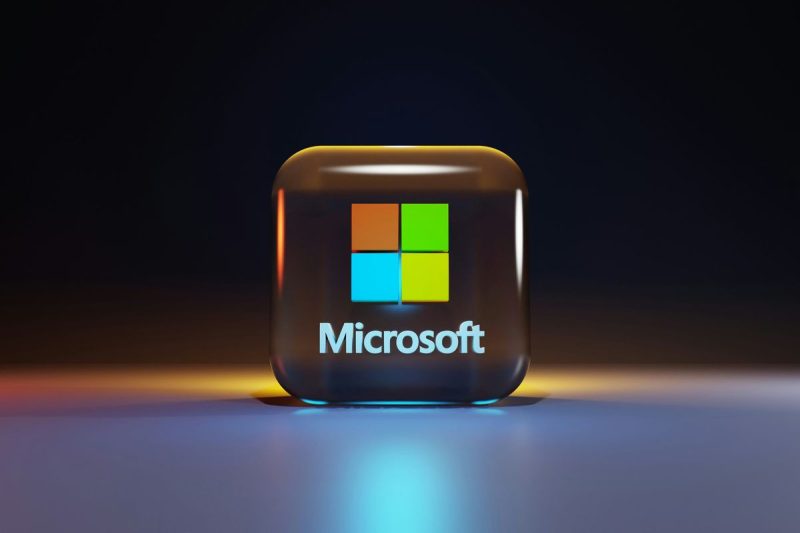
Post-Outage, Microsoft Pivots: Kernel-level Operations Diminished for Cybersecurity Vendors
Microsoft has recently announced its intentions to minimize essential kernel-level procedures for cybersecurity vendors. This decision came after the high-profile cloud service outage that wreaked havoc across several Microsoft services. The company’s primary objective behind this move is to bolster the security ecosystem and mitigate potential cybersecurity risks. This piece discusses the implications of this strategy, its potential impact on cybersecurity vendors, and the implications for the wider digital universe.
Microsoft’s plan involves changing how security tools interact with its Windows operating system. Kernel-level operations offer comprehensive control over operating systems and their execution environment, availing access to all hardware resources and defining how programs share these resources. It’s this high privilege level that has made kernel operations an attractive target for cybercriminals.
The recent Microsoft outage, which affected many of its online services, including Office 365, Outlook, and Teams, was believed to have been further escalated by the vulnerabilities in kernel-level operations. By limiting these, Microsoft aims to decrease the surface area susceptible to attacks.
However, cybersecurity vendors extensively use kernel-level access in their operations. The diminished kernel-level operations can potentially influence the efficacy of the protections that these vendors provide. To cope with these impending changes, cybersecurity vendors must take it upon themselves to adjust their operations and accommodate Microsoft’s new plan.
Instead of employing traditional technologies that require kernel-level access to ensure security, vendors might have to devise methods that deliver similar capabilities but without the inherent risks associated with such high privilege access. They have to consider alternative strategies to access and analyze system and user data, to enable threat detection and response.
Microsoft, on its end, has committed to working closely with security vendors during this transition phase. The company will offer support and facilitate a smooth transition to ensure vendors can continue to provide effective security solutions without compromising the system’s overall security.
This change will also provide an opportunity for vendors to innovate and develop more secure technologies. It can push the cybersecurity market towards a new direction, where security no longer relies on full system access but instead works through strategically crafted solutions that are as efficient but considerably safer.
Microsoft’s decision to minimize kernel-level operations could set a new cybersecurity trend. If successful, it can inspire other tech giants to follow suit, thereby potentially drastically redefining the tactics used in the cybersecurity domain. It may lead to more reliable protection techniques that, even though potent against cyber threats, do not impede system stability or expose it to potential risks.
In conclusion, while Microsoft’s new strategy presents a significant shift and may pose challenges to cybersecurity
